‘Players Today Are Too Much Into Technique’ – Lorena Ochoa On The Lessons Learnt From Her Incredible Career
Former World No. 1 Lorena Ochoa looks back on her time at the top of the women's game and why she decided to retire at the age of 28

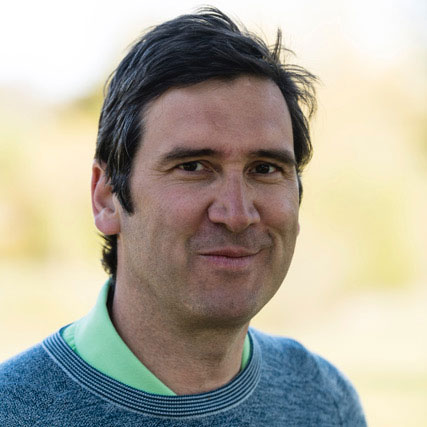
It's sometimes hard to put into perspective quite how dominant Lorena Ochoa was at the peak of her powers. The first women's Major to be held at St Andrews in 2007 got the champion that it deserved as the World No. 1 waltzed to a four-shot win over the Old Course.
The Mexican won eight times that year, was second five times and she would become the first woman ever to earn more than $4m in a single season, surpassing Annika Sorenstam's previous record of $2.87m.
Within three years of St Andrews, the venue for this year's AIG Women's Open, she had decided to retire at the age of just 28. The plan had always been to play for around 10 years and to reach the No. 1 spot. In her short time on the LPGA Tour she had won 27 times, two of them Majors, and she would be inducted into the World Golf Hall of Fame.
The mum of three remains one of the most fun, authentic and natural characters in the game. Here she reflects on a career that was as spectacularly consistent as it was brilliant.
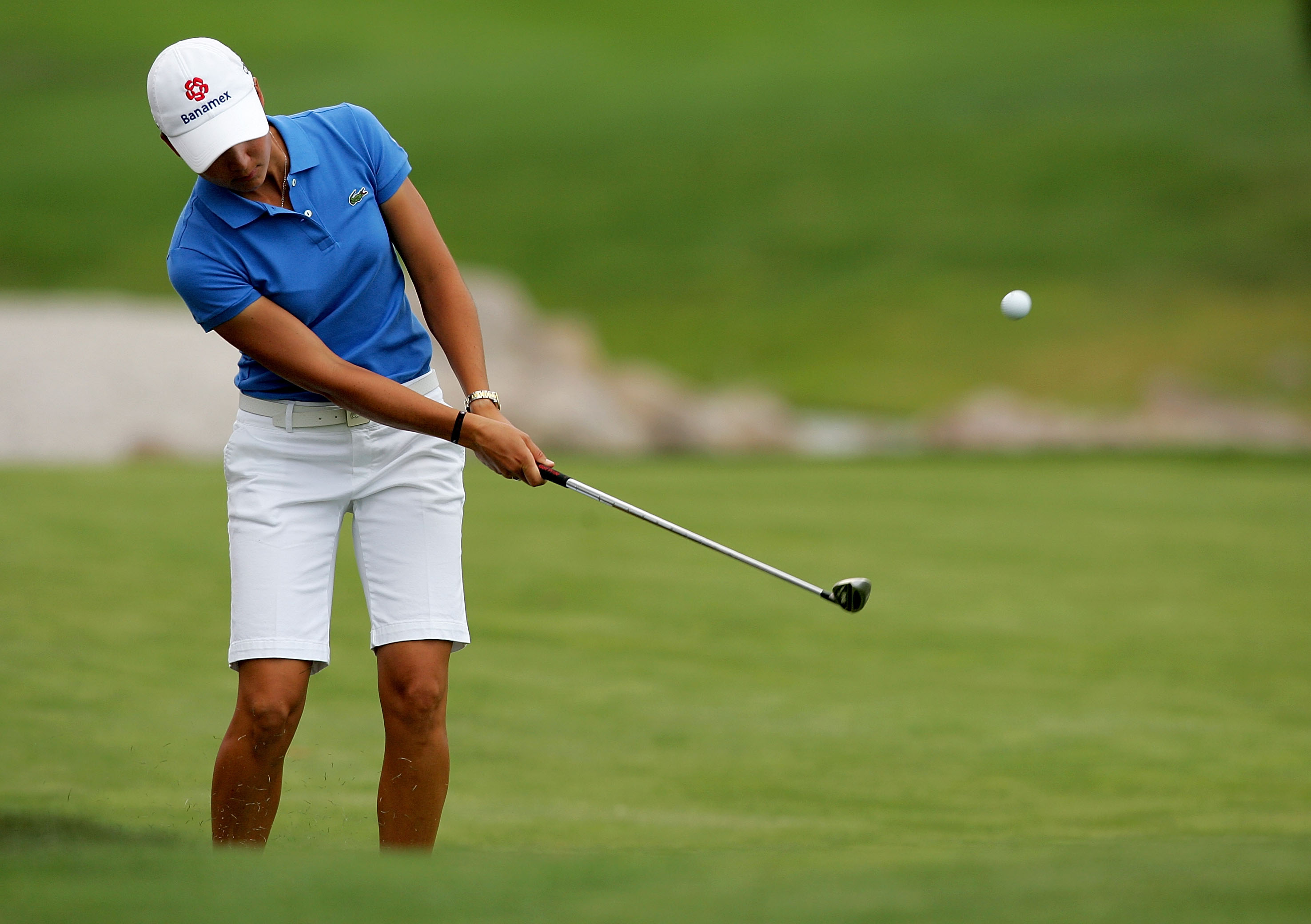
Can you remember what your first pay cheque was?
It was the Futures (now Epson) Tour which was the tour before the LPGA but I can’t remember the amount. But I am sure it was a few grand, nothing more. It was during that summer before my rookie year and I played about 10 or 11 tournaments in a row.
How quickly did you take to tour life?
Get the Golf Monthly Newsletter
Subscribe to the Golf Monthly newsletter to stay up to date with all the latest tour news, equipment news, reviews, head-to-heads and buyer’s guides from our team of experienced experts.
I wanted to quit. I didn’t like the tour, I wasn’t comfortable. I was exhausted and I was mentally drained. I arrived at home in Guadalajara and I told my parents that I had this year that I didn’t like, I was overwhelmed. There was the pressure and the travelling and I played so many tournaments. I would have two or three days off, then I got dressed and went to the range. I just needed to go home and unwind and relax.
I didn’t know many players that first year. I knew a few of the Latin American players but it was just too much. It is a really tough life; practising and living under that pressure but I learned a lot from that year. The next few years I played fewer tournaments and I was taking more care of myself and having a balance between practising and resting. But the first year was too much.
What did you like and dislike about your swing?
I’m a very natural golfer. I always moved my head a little bit to the back and I moved my hands a little bit behind. Which at the beginning, early in my career, cost me a lot of trophies. Because I was trapped and I would hit a lot of hooks, especially under pressure. So once I was able to put my arms and the club in front, I was more consistent. So that probably cost me two or three years as I just couldn’t do it. I made mistake after mistake. Then, with time, everything started to work and I felt like I was 100 per cent in control and then I started winning.
I always enjoyed the short game and the feeling with my hands around the green. I would practise at home with my coach and he would always put the balls around the green in different lies, from the rough and high grass, and we were not lazy. We were working on different shots all the time. I wasn't a technical player.
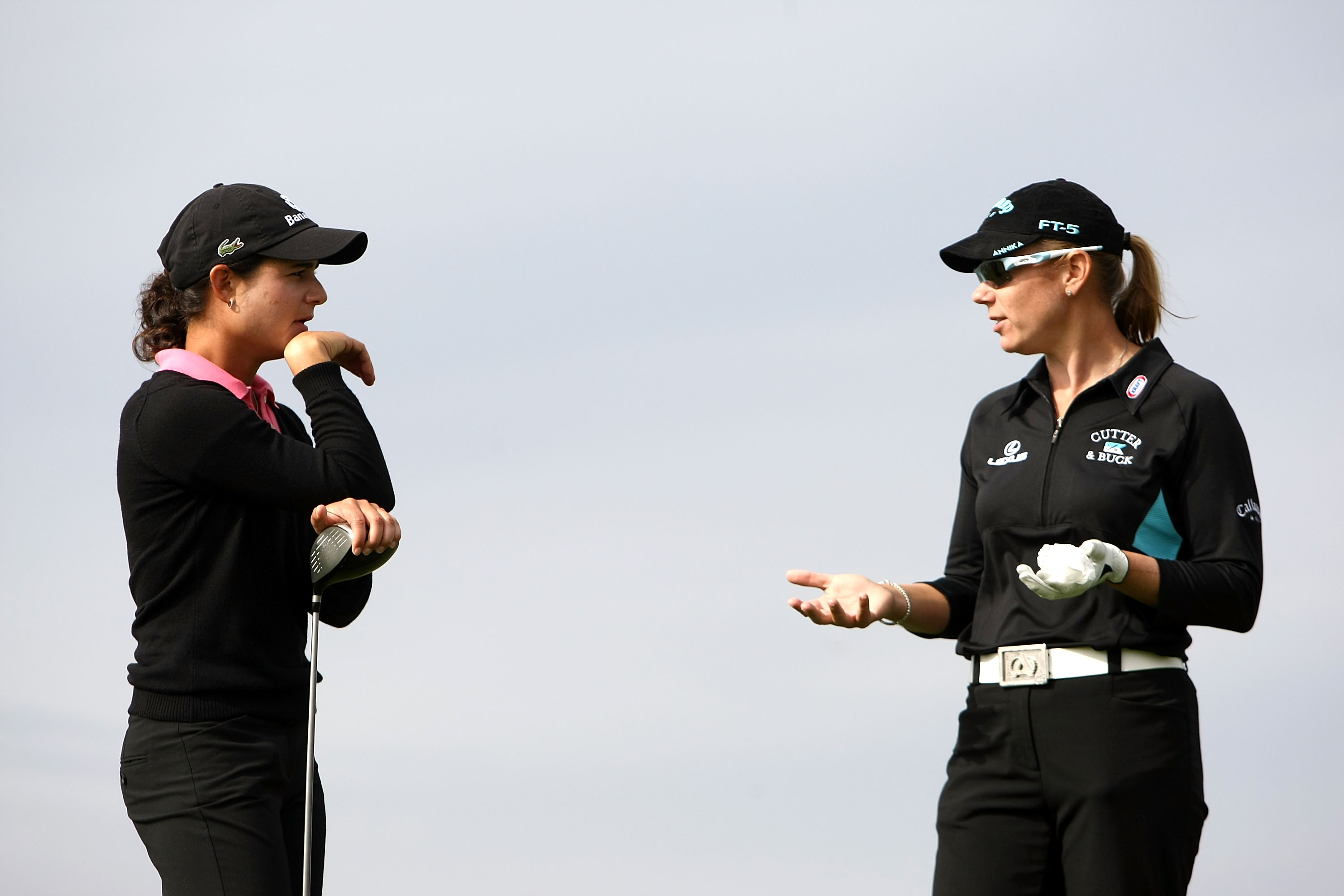
What advice would you give to your younger self?
You think that you need to rush. You think that your level of golf is good and that you need to hurry and start playing professionally and you need to qualify for the tour. My advice to the players today is that there is no rush. There will be a tournament there forever.
It is great experience to be in college and I think it is something beautiful to enjoy your time as a younger player or athlete and to take advantage of the opportunities that they give you at the school and the experience that you gain. To be responsible for the team, playing for them, playing in tournaments. I think that for me it was the best time in college – I was only there for two years, I wish I’d played four years because they were the happy days.
If you were starting now would you focus more on distance?
I think that the distance can come easy so don’t worry about that. Actually I think that players today are too much in to technique and they try too much to hit it perfectly. You get to a point when your technique is fine but you need to learn to play. You need to learn to adjust really quickly, to play with different conditions, to play with different grass, to be able to manage moving the ball, to have imagination to know what are the types of shots that you can make. Today it is too much technique. I don’t like it when players focus too much on technique.
What were Annika's stand-out skills?
Overall it was just how consistent she was. You can tell just how relaxed she was and her play kind of reflected that. She knew she had that position at the top and she was secure in herself. And I think that, to me, I would see her and learn from her a lot and, when things started working for me, and I started feeling that too.
Then I started to really believe in myself. I thought, I’m good and I’m ready and now things are going my way. And instead of making the same mistakes that I was making, I started really being in contention every week, and winning. And that is something I very quietly started learning from her, how good she was in her head and to be patient. Having the opportunity of playing with Annika for so many weeks, and we were always paired together for a long time, I was learning all the time. When it was my time, I was ready to go.
Which Major gave you your best chance of success?
The Kraft (now Chevron) is the one that I emotionally liked the best, as an amateur I played it and the family would always come and I always finished OK. Then I was third and then second and I always had a special feeling about that one.
If you had one last round who would you play with?
I think that I would choose my friends; Betsy King, Nancy Lopez and Juli Inkster. I loved having them as my friends, fully listening to them, being close to them and having them to talk and talk and talk to. I owe them a lot.
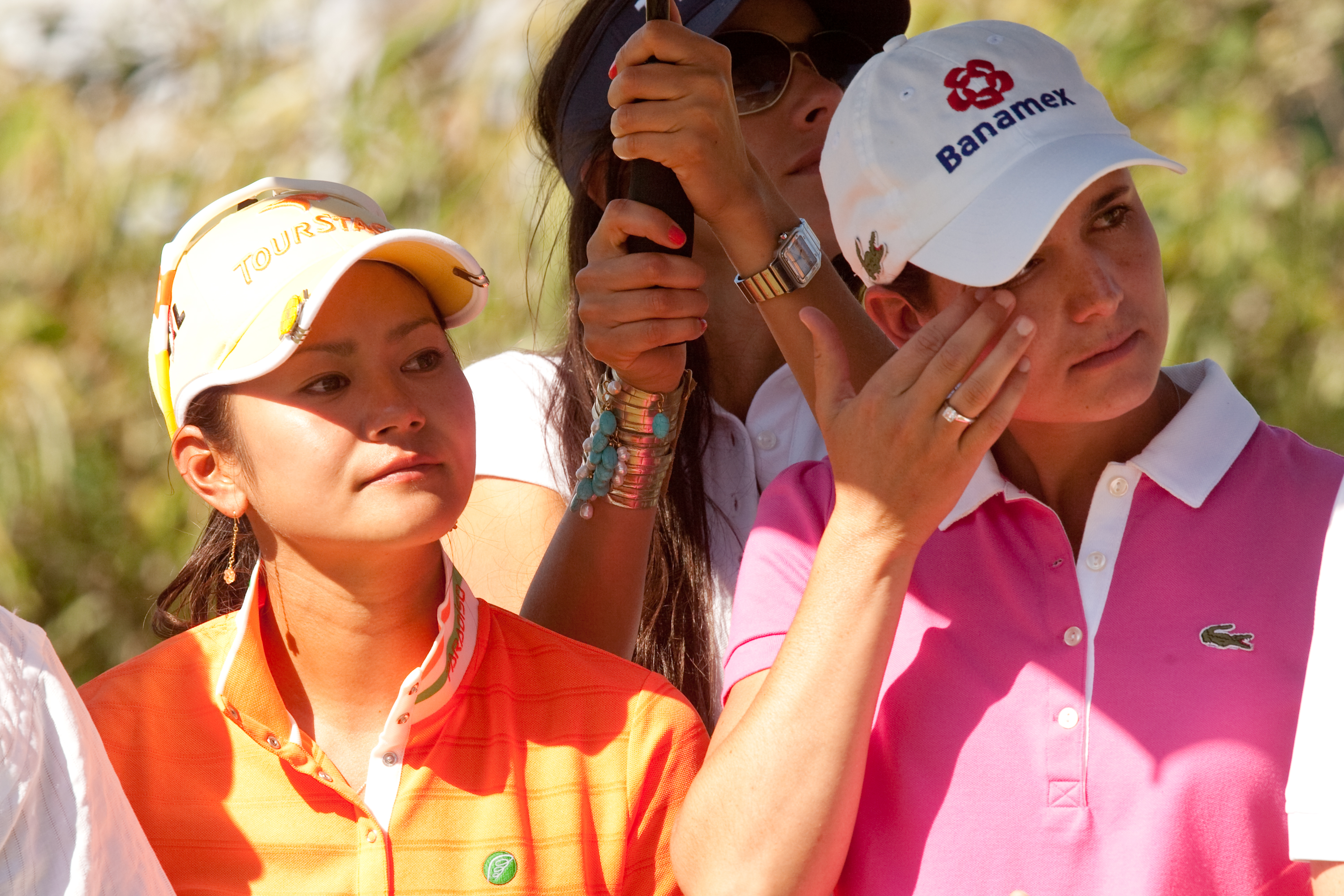
How would you describe your on-course demeanour?
I was always the same on and away from the course. I understand that inside the ropes we are having to concentrate and we are trying to win, and be competitive, but you don’t need to be mad or not nice. I always promised myself to be the same on and outside the course. I always respect others and, very quietly, I started playing good and they started respecting me. And I thought that if I’m going to be here, and if I’m going to be here for 10 years, I want to enjoy it.
Did you stop at the right time?
It wasn’t a shock to the close people. My sponsors knew and it was the best time. I keep saying that I was so lucky because I made the decision because of the right reasons – I wanted to start a family and spend time with Andres, with my girlfriends, with my relatives. Golf was not my priority any more. Before I got too tired of the media, all the courses, the travelling, the players, I said this was the perfect timing. It is still my life, my passion and I still do a lot of work related with golf, but it was a good time.
The good thing is trying to win a tournament but the rest is exhausting. I was exhausted, I was working 46-47 weeks of the year. Which is why I had always decided that I was going to do 10 years – that was my priority, to do whatever it takes to get better but then I will do the things I like. Maybe because of my culture, my family or my religion, I always knew that I wanted to do things outside the golf course. And I'm enjoying the second part of my life a lot.
What was your favourite British Open venue?
I won at St Andrews so that one is hard to beat, but I loved Blackpool. I liked Lytham a lot. I loved the clubhouse, the set-up, the 18th. I have good memories because I always brought a couple of my friends from Mexico, it was just a relaxed week and I felt good on that course. I didn’t mind the weather and something felt right in that place. We did discover the rollercoaster and I went with my mum once but I never really spent time in Blackpool other than that.

Mark has worked in golf for over 20 years having started off his journalistic life at the Press Association and BBC Sport before moving to Sky Sports where he became their golf editor on skysports.com. He then worked at National Club Golfer and Lady Golfer where he was the deputy editor and he has interviewed many of the leading names in the game, both male and female, ghosted columns for the likes of Robert Rock, Charley Hull and Dame Laura Davies, as well as playing the vast majority of our Top 100 GB&I courses. He loves links golf with a particular love of Royal Dornoch and Kingsbarns. He is now a freelance, also working for the PGA and Robert Rock. Loves tour golf, both men and women and he remains the long-standing owner of an horrific short game. He plays at Moortown with a handicap of 6.
-
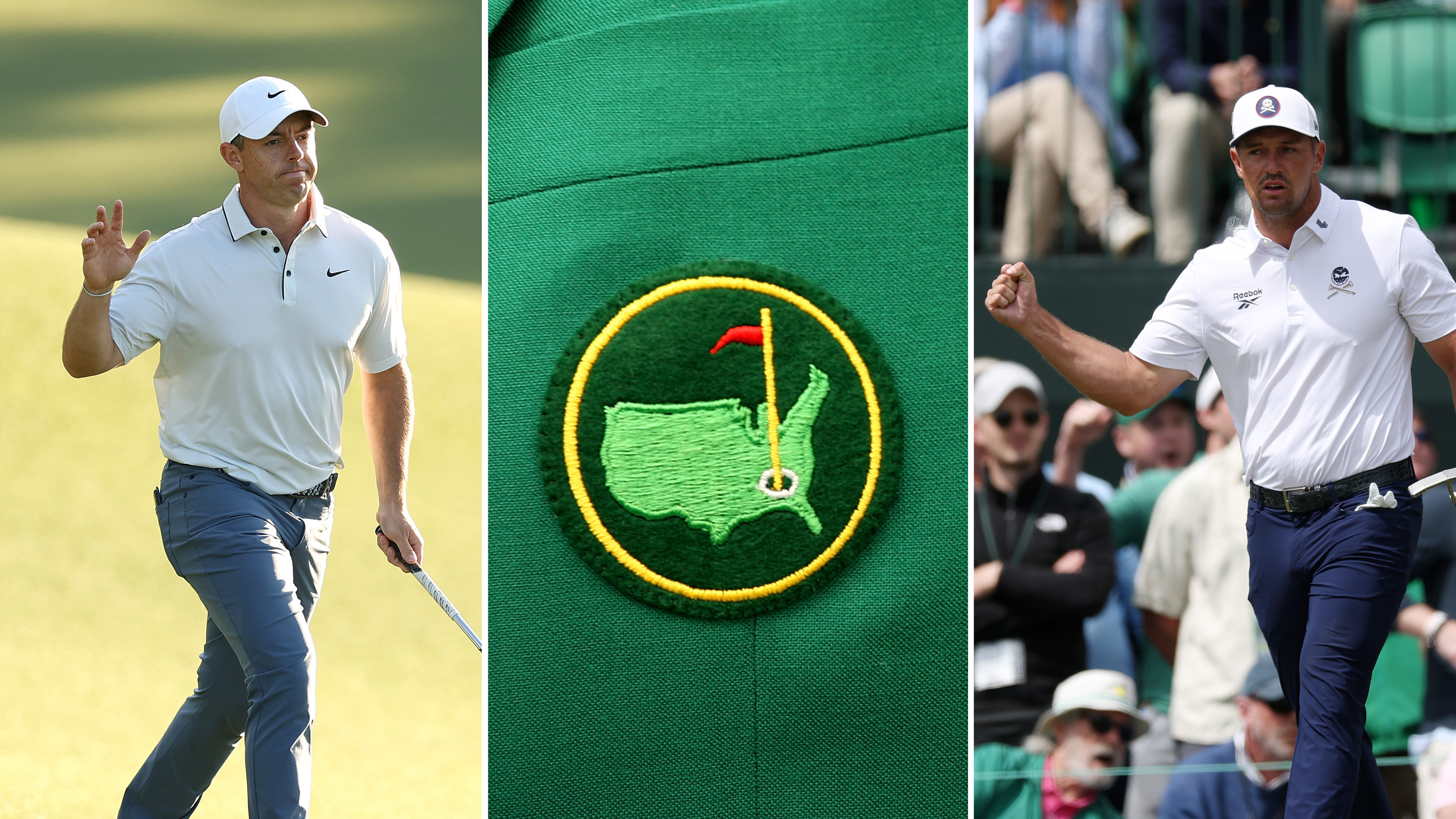 Rory McIlroy vs Bryson DeChambeau: Who Are We Picking To Win The 2025 Masters?
Rory McIlroy vs Bryson DeChambeau: Who Are We Picking To Win The 2025 Masters?We're set up for a blockbuster final day at Augusta National where Rory McIlroy and Bryson DeChambeau play together in the final group
By Elliott Heath Published
-
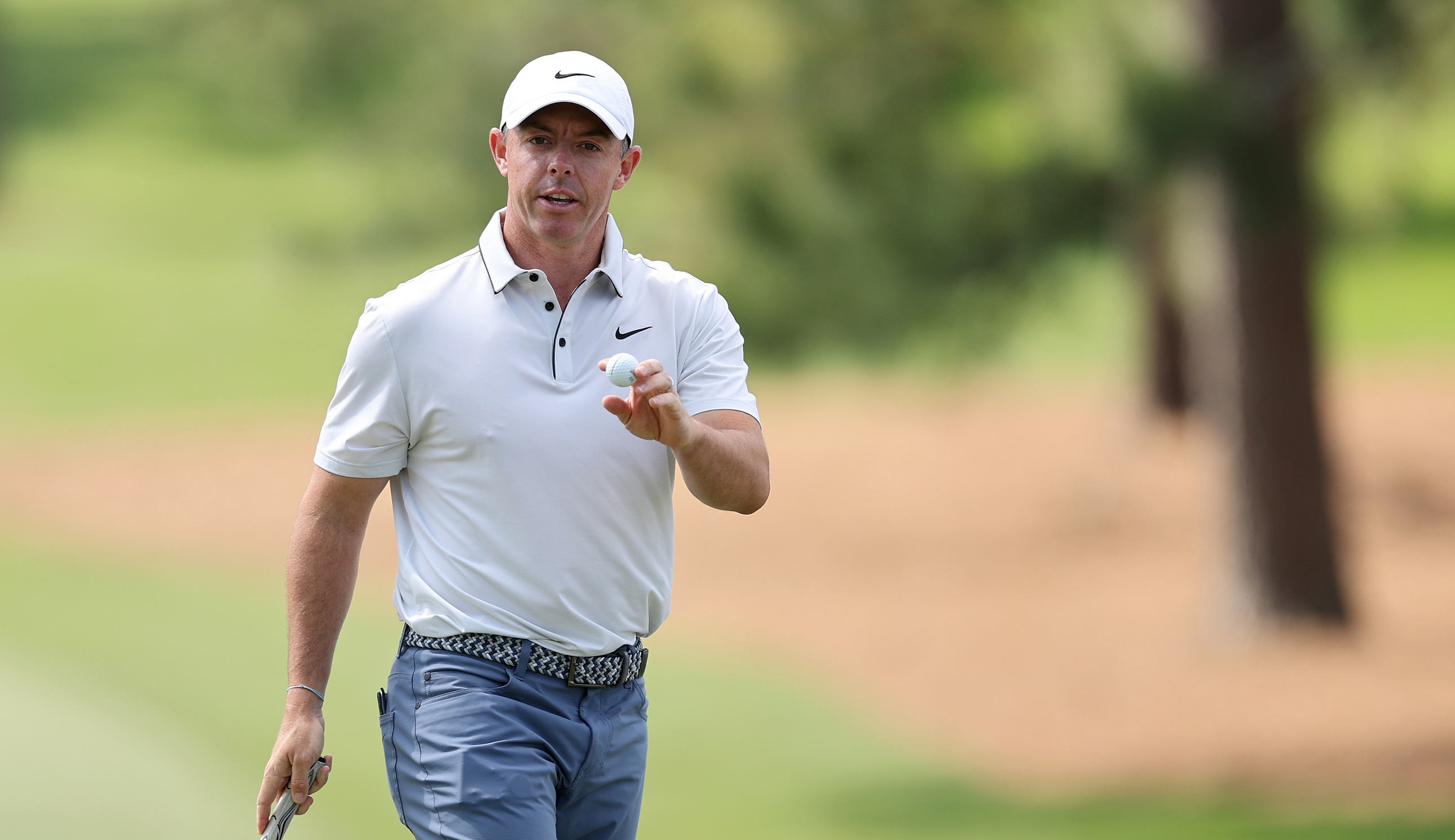 The Masters Crystal Rory McIlroy Has Already Won At Augusta National This Week
The Masters Crystal Rory McIlroy Has Already Won At Augusta National This WeekMcIlroy leads going in to the final round at Augusta National, with the four-time Major winner already bagging some silverware before he looks to claim the Green Jacket
By Matt Cradock Published
-
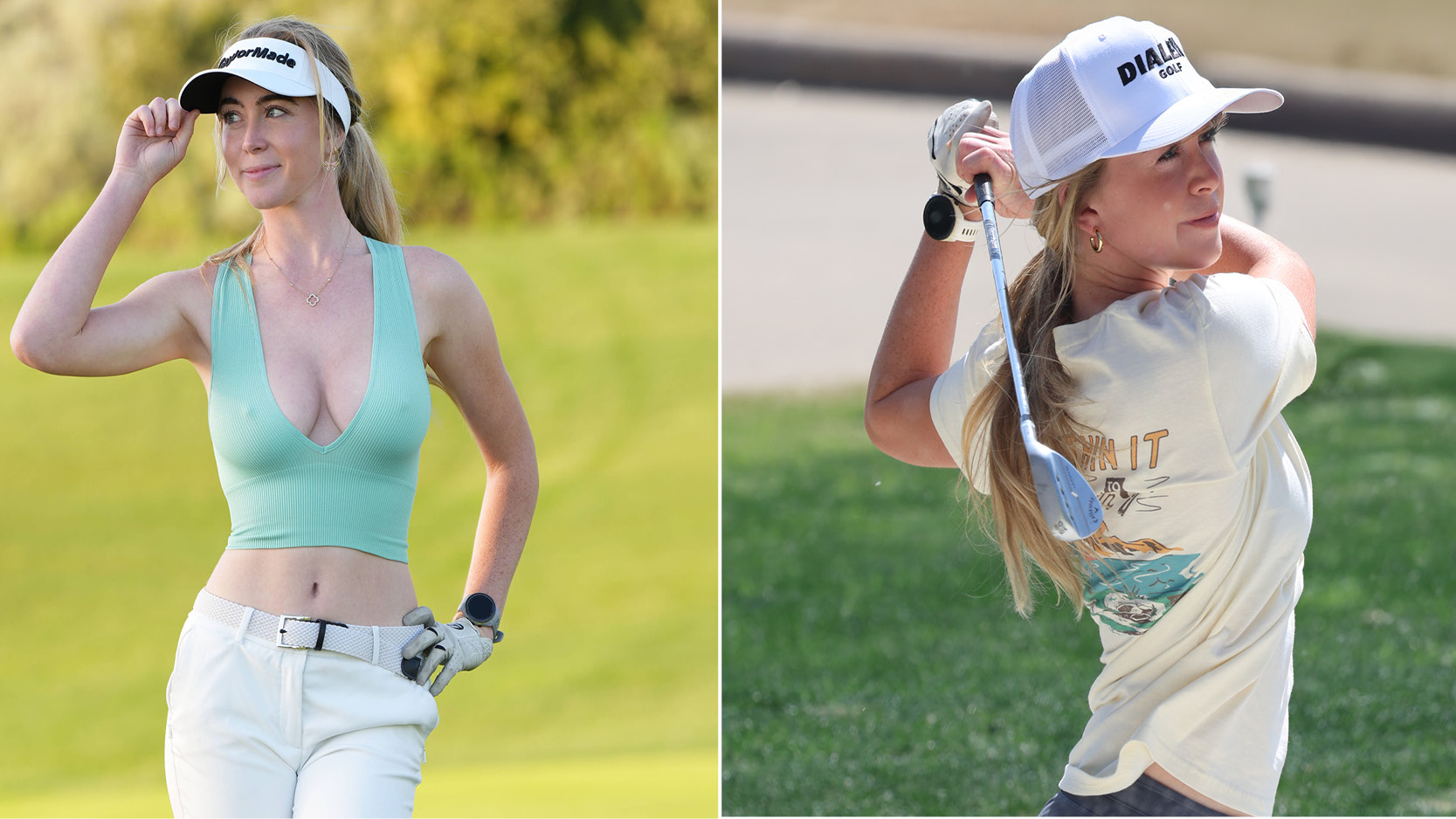 From Body-Baring To Dialed In: Grace Charis Redefines Golf Fashion
From Body-Baring To Dialed In: Grace Charis Redefines Golf FashionInfluential golf content creator Grace Charis launches new apparel brand
By Alison Root Published
-
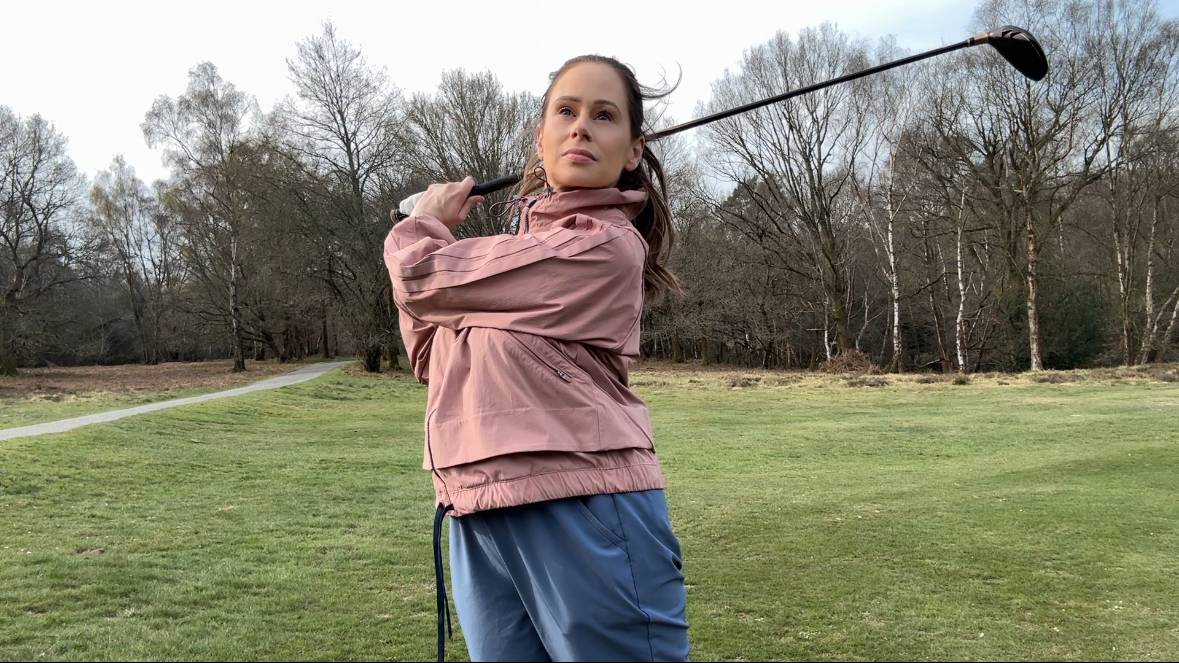 Golf Gave Me Confidence... Then Social Media's Toxic Culture Tried To Take It Away
Golf Gave Me Confidence... Then Social Media's Toxic Culture Tried To Take It AwayA young content creator's journey to own her golf game and her voice
By Katie Clarke Published
-
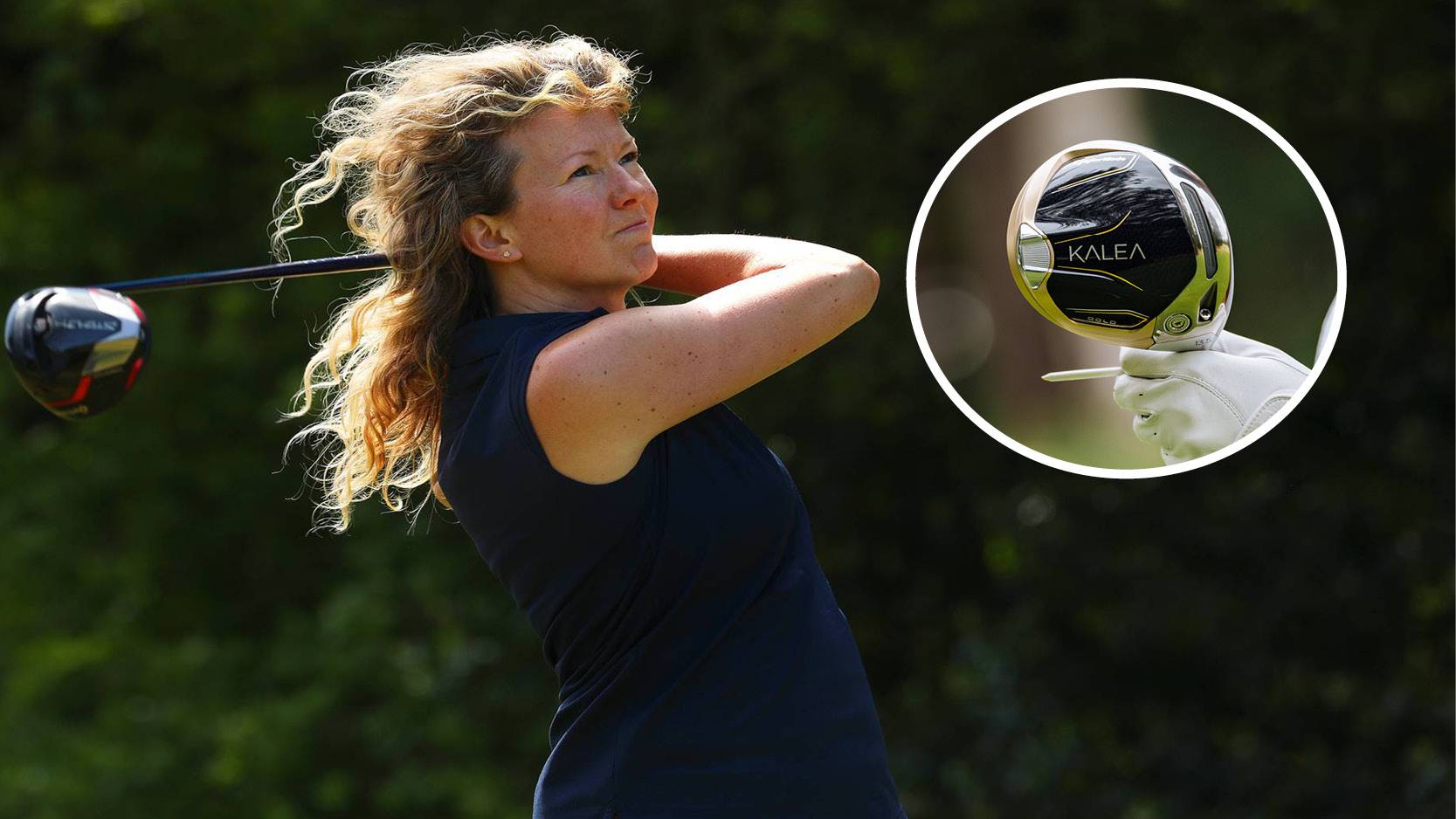 How Far Does The Average Female Club Golfer Hit Their Driver?
How Far Does The Average Female Club Golfer Hit Their Driver?We've looked at the data... Find out if you are hitting your driver an average distance
By Alison Root Published
-
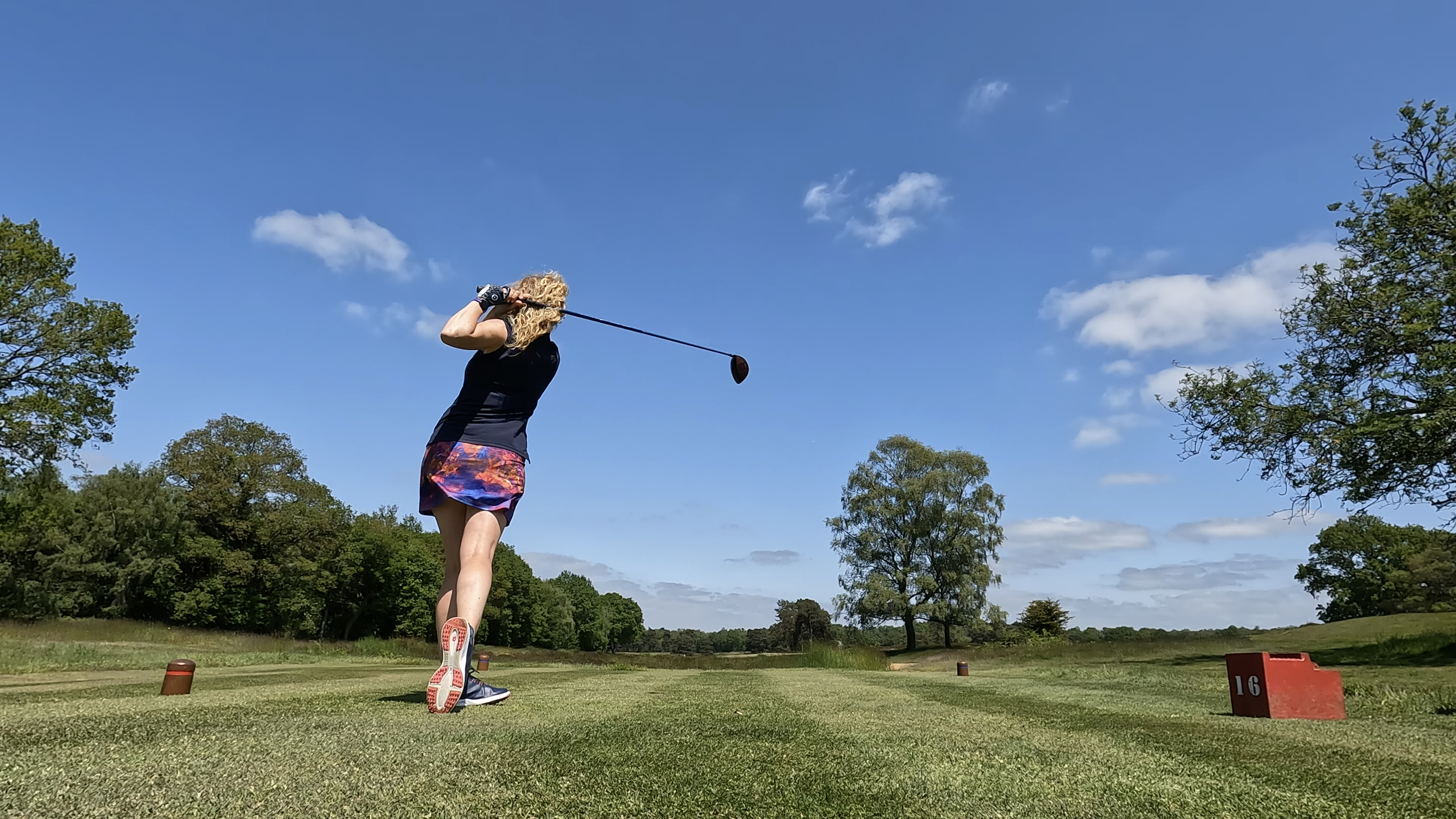 Tee Box Inequality: Why Aren't All Tees Rated For Women?
Tee Box Inequality: Why Aren't All Tees Rated For Women?Long-hitting female golfers are let down by tee ratings
By Katie Dawkins Published
-
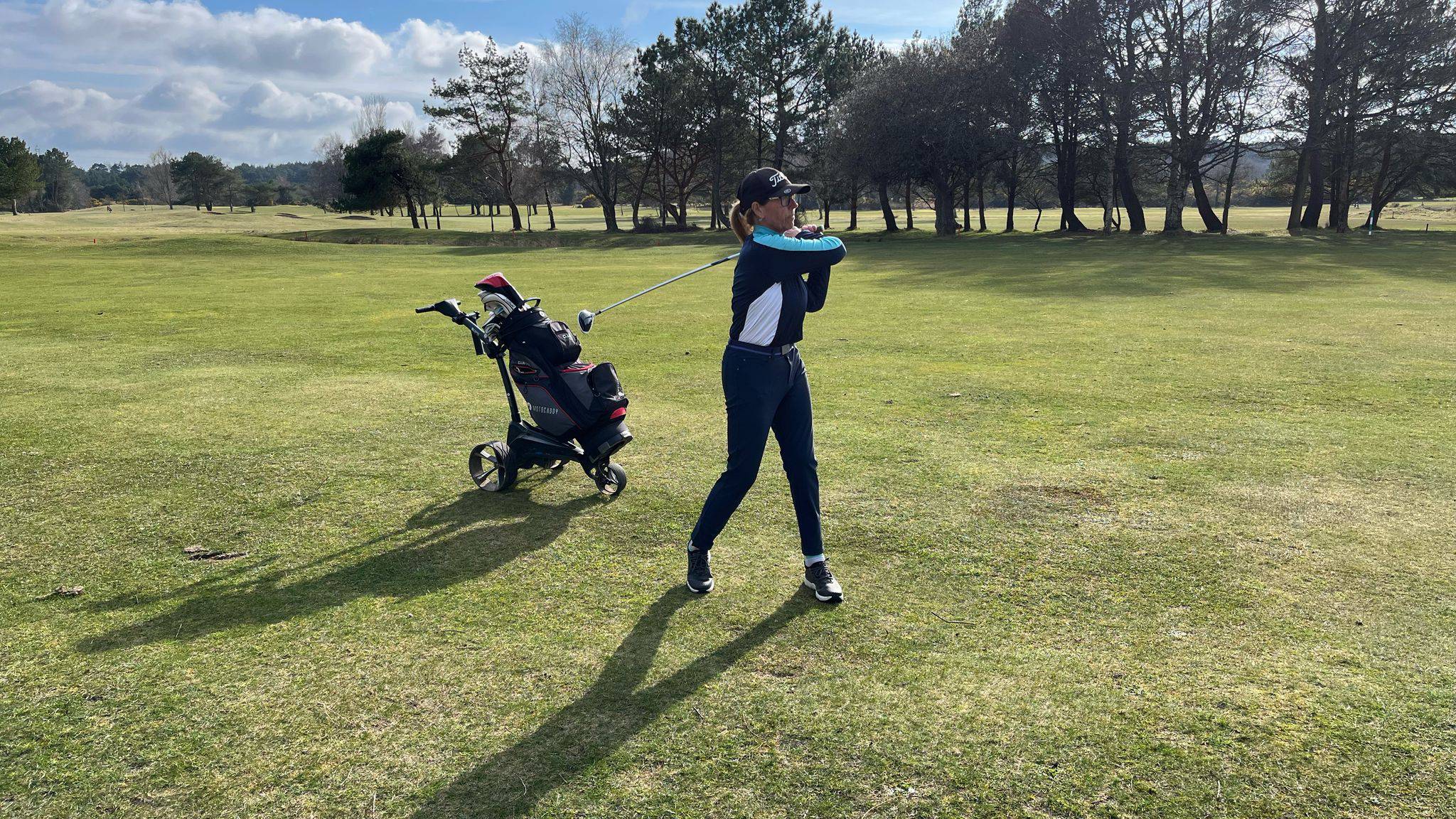 What I Learned From My First Golf Competition: The Unexpected Importance Of Preparation
What I Learned From My First Golf Competition: The Unexpected Importance Of PreparationPlaying in your first golf competition can be a daunting experience. Here are 5 tips to help you prepare for a stress-free round
By Carly Cummins Published
-
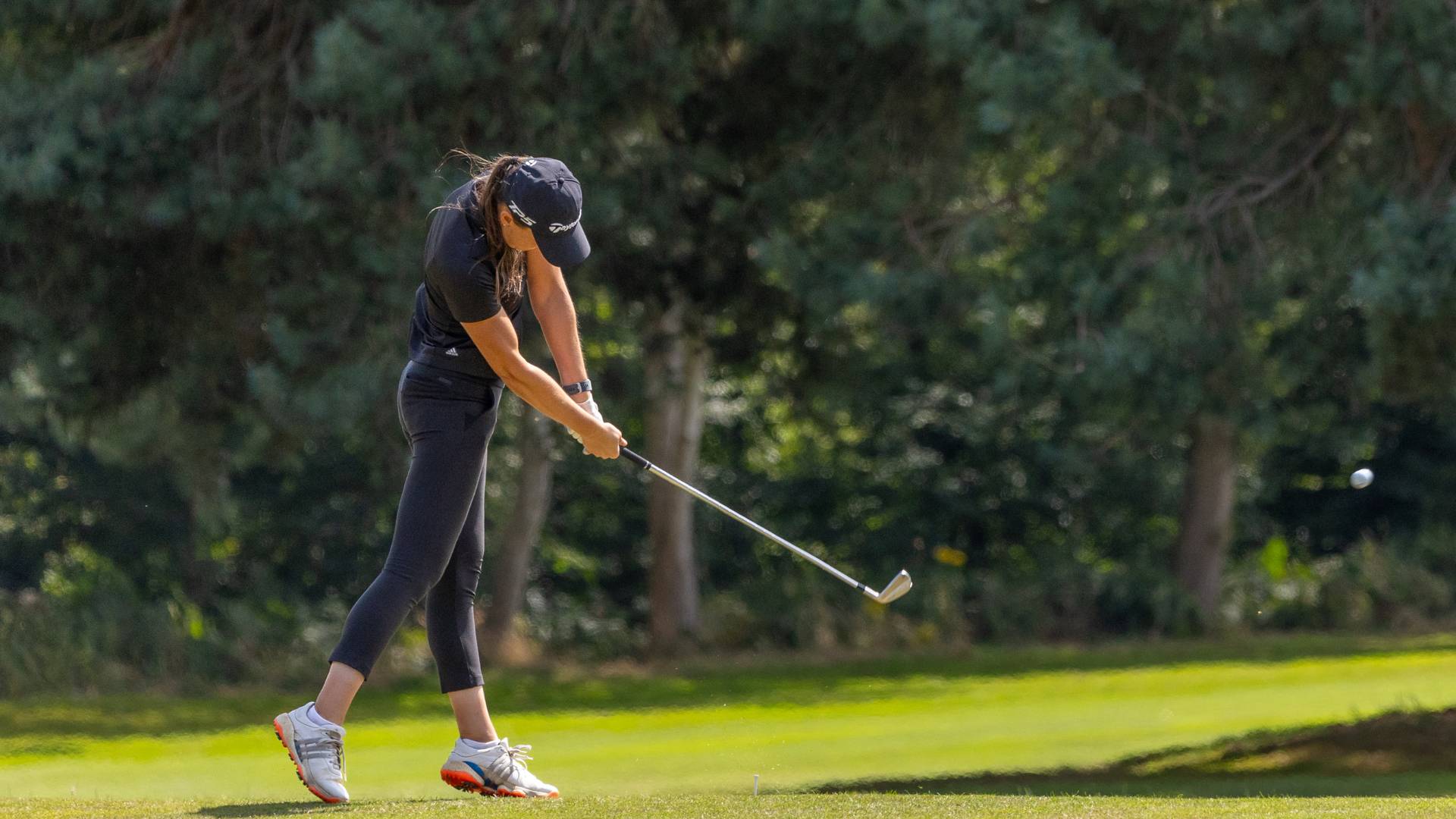 I've Always Struggled To Create That Solid, Compressed Strike... Until I Fixed These 5 Key Moves
I've Always Struggled To Create That Solid, Compressed Strike... Until I Fixed These 5 Key MovesSingle figure golfer Jess Ratcliffe on how she has fixed her swing puzzle to deliver crisp shots
By Jess Ratcliffe Published
-
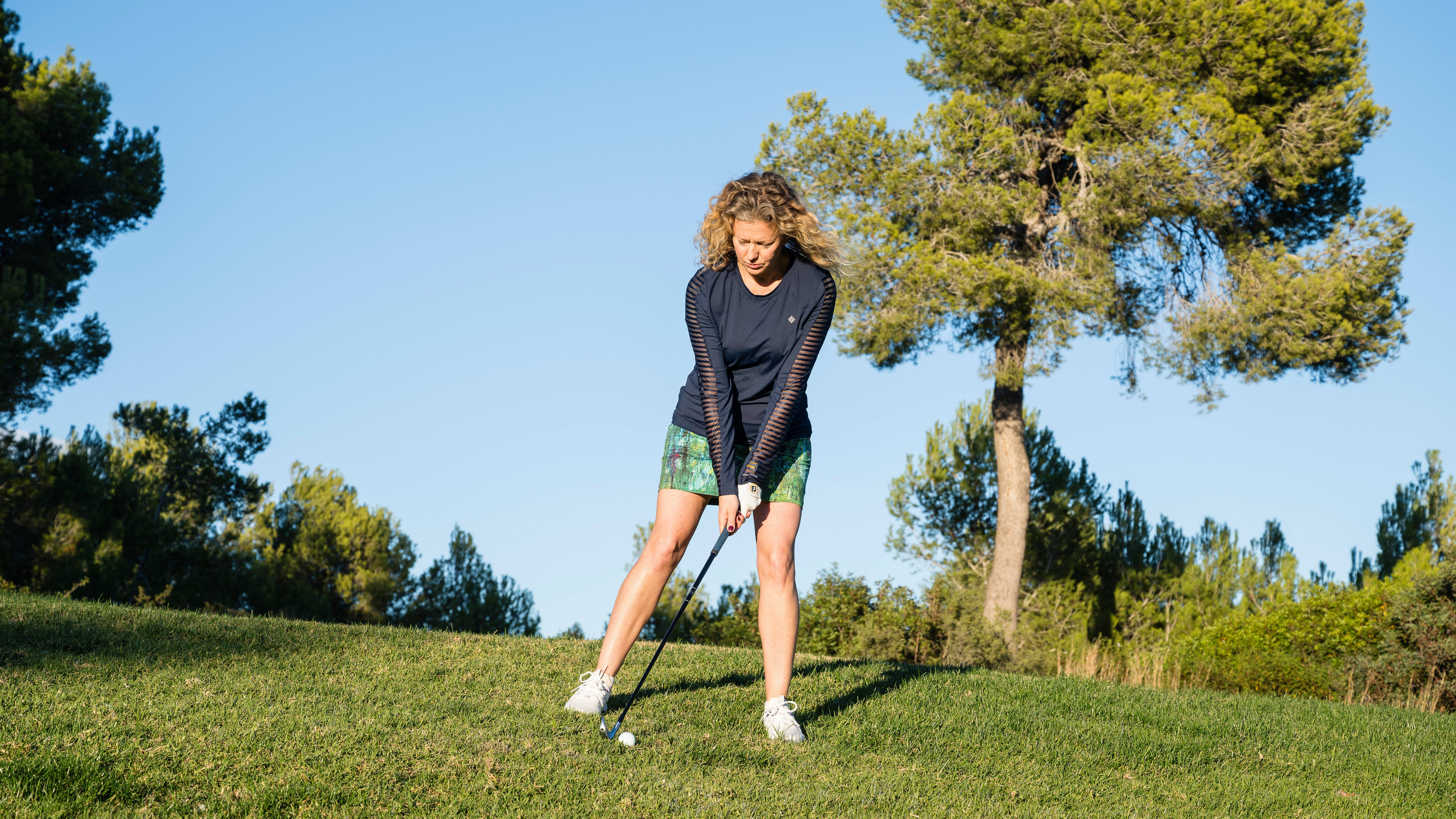 Fix These 7 Common Mistakes And You'll Be On The Path To Lower Scores
Fix These 7 Common Mistakes And You'll Be On The Path To Lower ScoresPGA Professional Emma Booth on how to fix the mistakes all high handicappers make
By Emma Booth Published
-
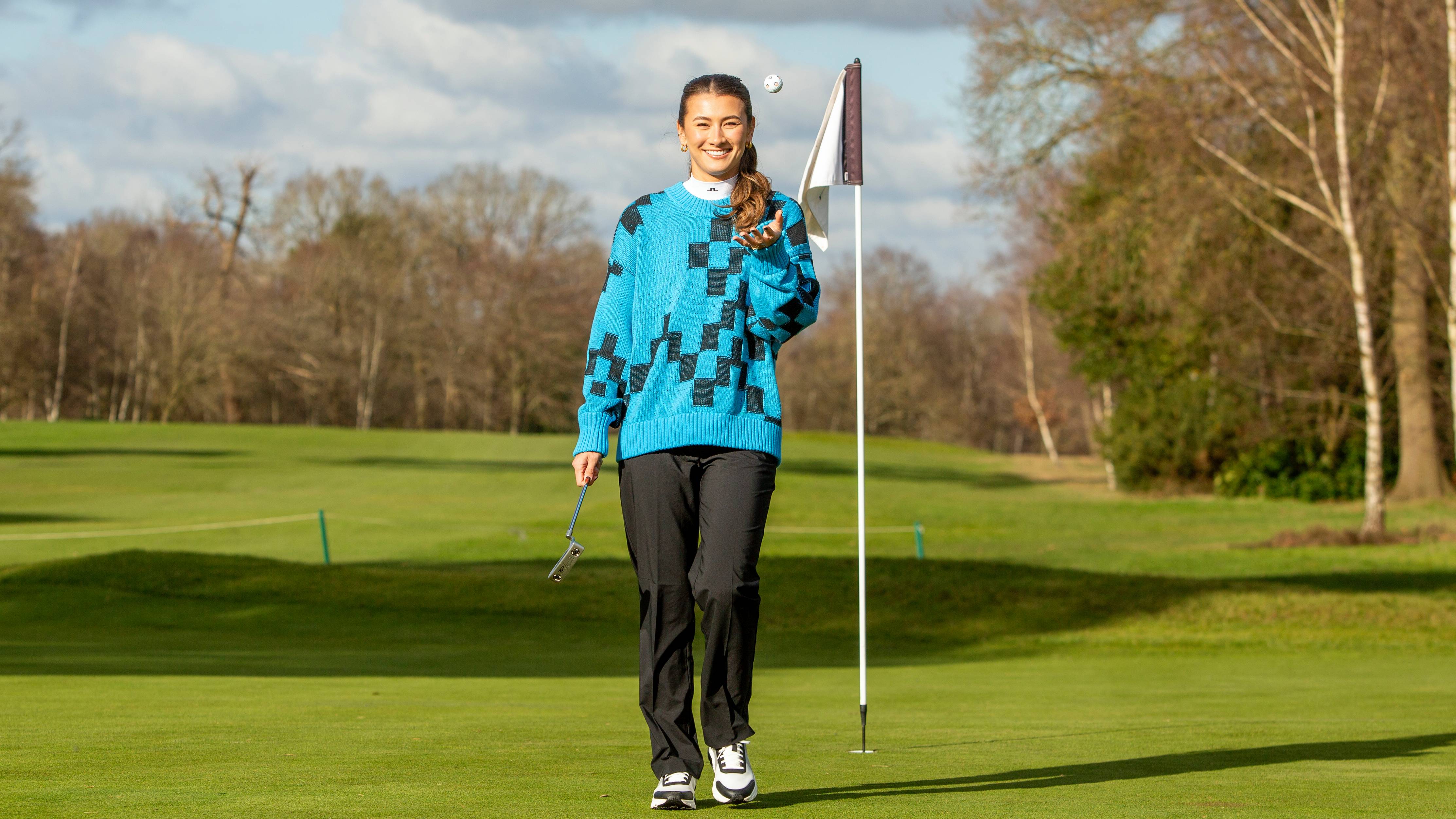 ‘It’s About Perception, Not Rules. Women Are Allowed To Wear A Lot More Than Men At Most Golf Courses’ - Mia Baker On Golf's Dress Code
‘It’s About Perception, Not Rules. Women Are Allowed To Wear A Lot More Than Men At Most Golf Courses’ - Mia Baker On Golf's Dress CodeContent creator and presenter Mia Baker on why changing mindsets is key to building a more inclusive golf community
By Alison Root Published